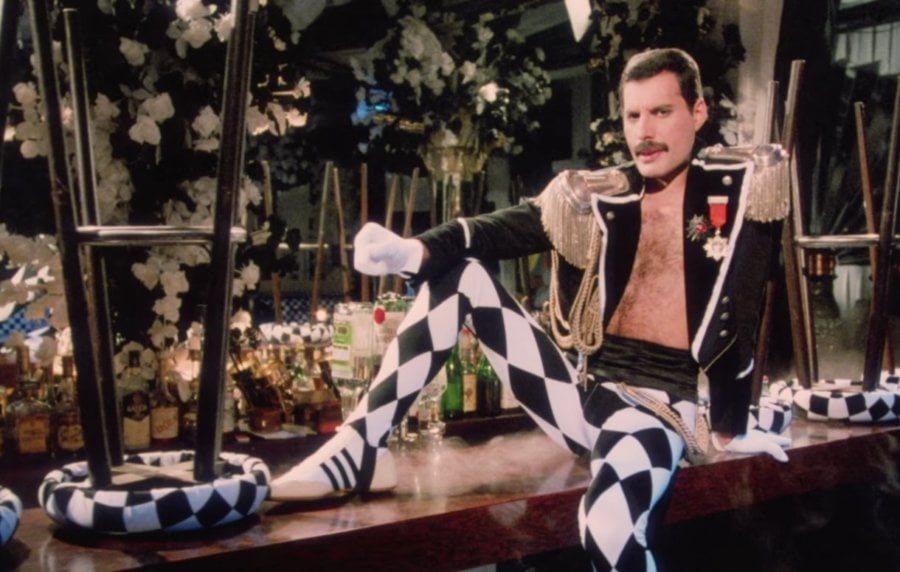
Behind the sheen of Queen’s lasting legacy is a band that endured controversy at every corner. If it wasn’t about how their music threatened to overthrow traditional rock, it was about sexuality or how Freddie Mercury single-handedly corrupted the youth of the time with his flamboyant irreverence. All of this seems absurd now, but back then, he was consistently in the firing line.
You don’t need to have seen every Queen documentary or biopic to understand the tragedy that followed the frontman. Attempting to navigate an industry corrupted by immense prejudice, Mercury immediately set off on the back foot, having to rely on his natural charm and immense vocal range to win people over. His inclusion in the band significantly altered the sound they were initially going for, but thankfully, for the better.
Then, utilising explosive stadium rock and glam rock tropes with Mercury’s overwhelming vocal prowess and Brian May’s fiery guitar solos organically attracted critics, even among their peers, who felt they weren’t deserving of the “rock” label or any of their success because they failed to pander to tradition, both in terms of sound and conventional masculinity.
As a frontman, Mercury was an easy target. Especially throughout the 1980s, when the AIDS crisis boomed and societal homophobia entered an all-time high, being as open as Mercury came with a lot of unwarranted baggage. Though dramatised to a point in films like Bohemian Rhapsody, Mercury entered a lifelong battle with gaining acceptance the moment he entered the spotlight, right up until his final moments.
But that didn’t stop his confidence from shining through. In fact, many of Queen’s biggest hits celebrate this individuality, like ‘I Want To Break Free’, ‘Somebody To Love’, and ‘Don’t Stop Me Now’, not just regarding quintessential LGBTQ+ anthems but in association with breaking the mould, no matter what that sounded, felt, or looked like. However, with Mercury’s private life constantly under scrutiny, some, like the sexually overt ‘Body Language’, attracted dedicated intrigue.
The song, aside from its obvious sexual messaging, came at a somewhat experimental time for the band and neglected many of their usual tropes, causing some internal tension. Some of this pressure to deviate from their usual sound came from their new assistant, Paul Prenter, who Mercury had also started dating at the time and wasn’t the best influence on the singer or the band. As Roger Taylor later said, he wanted their sound to appear like “you had just walked into a gay club,” which the others disagreed with and felt was sabotage.
As with many Queen songs, the track naturally attracted a surge of negative attention, mainly because of its sound and content, but Mercury chose an opportunity to minimise the reaction, urging people to move on from a song that wasn’t intended to captivate such long-lasting interest. His remark came during On Fire: Live At The Bowl DVD, when he addressed the crowd, saying, “We’re gonna do some songs in the funk, black category – whatever you call it. I mean it’s only a bloody record, people get so excited about these things!”
Clearly, the singer had grown fatigued by the scrutiny, delivering his honesty in his signature blatant style, reminding haters that there’s no worth in lingering on songs, themes, or messages that didn’t ever really hold that much weight to begin with. Still, if for nothing else, it provides a reminder that Mercury was never given the benefit of the doubt, even during his most challenging chapters.








